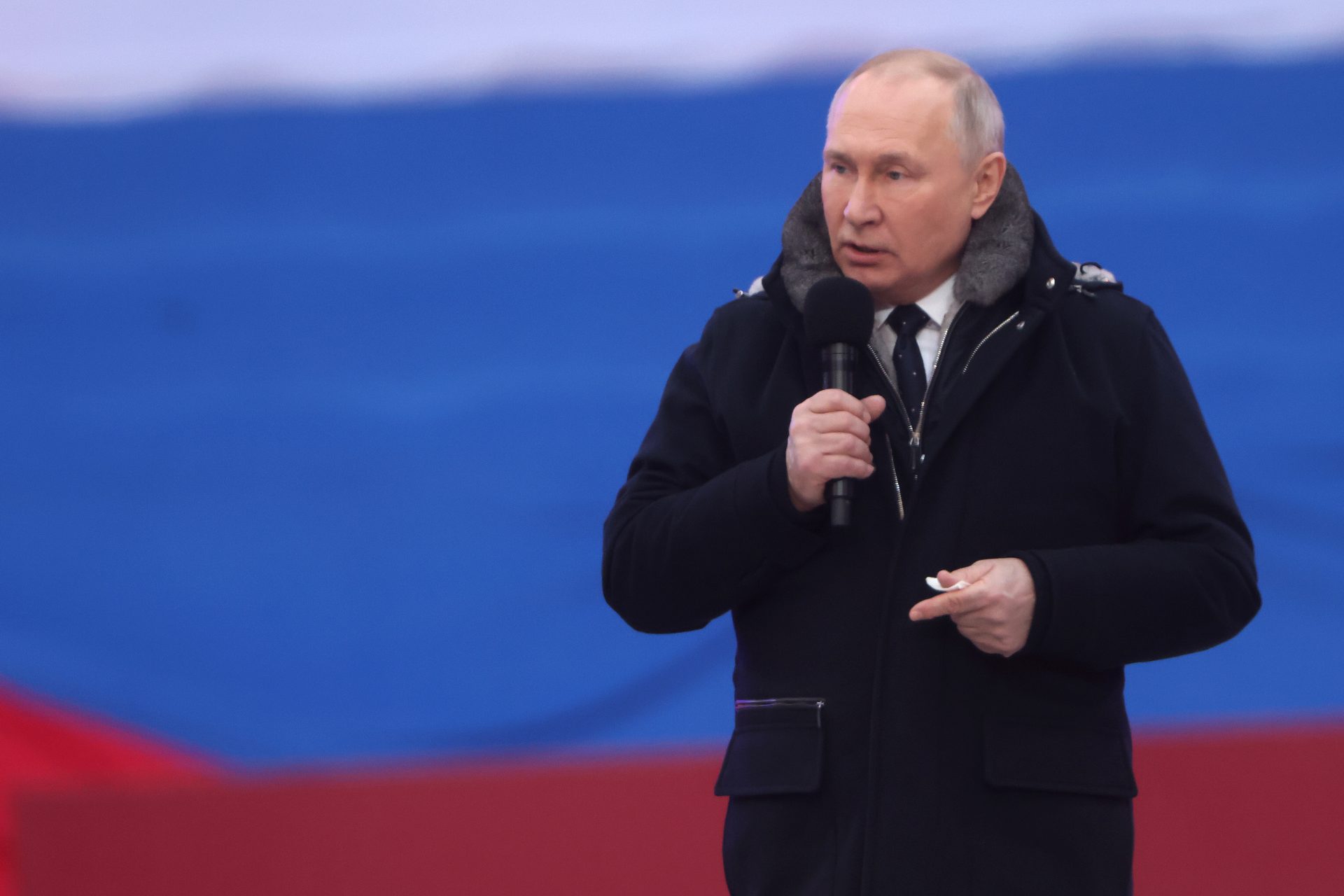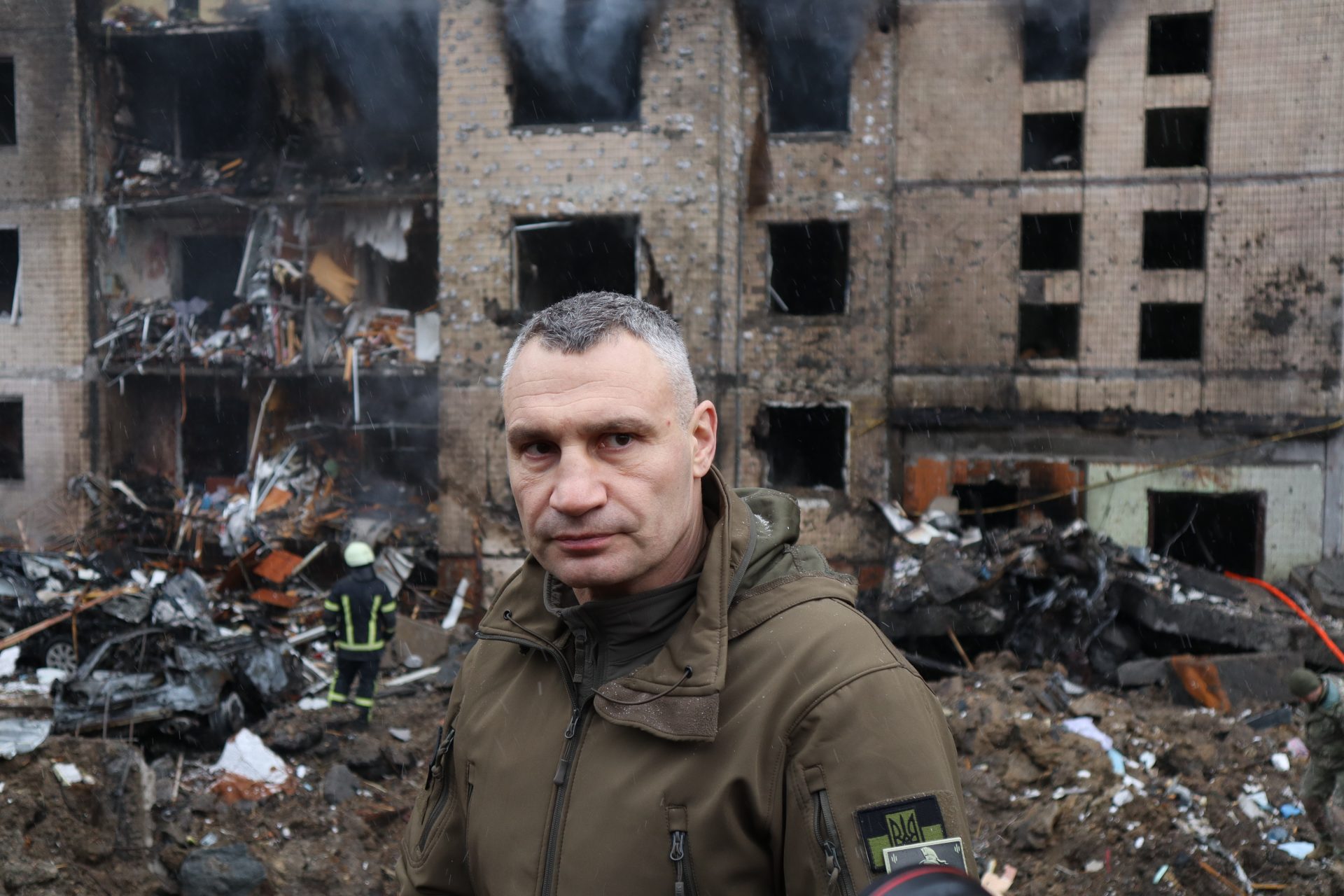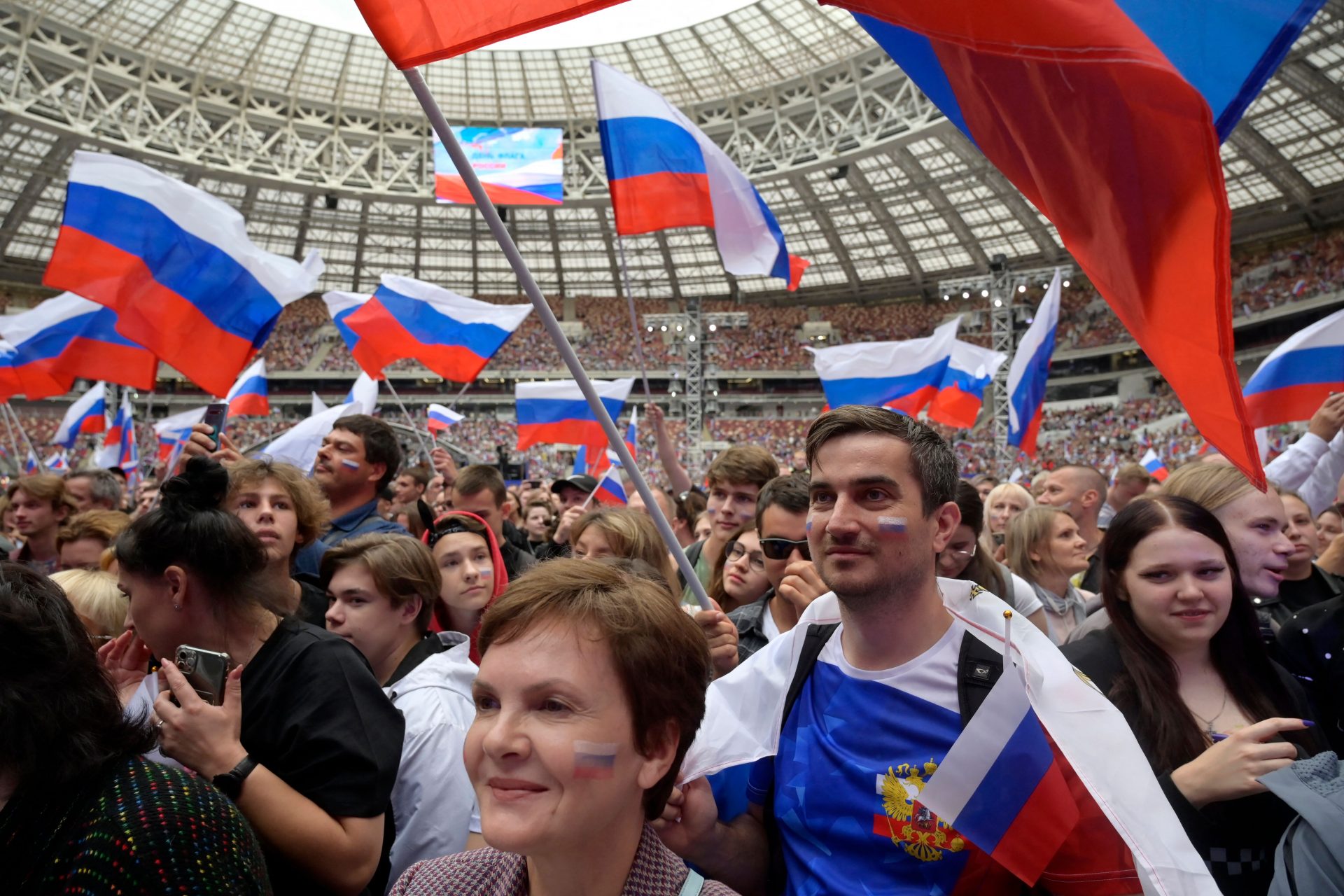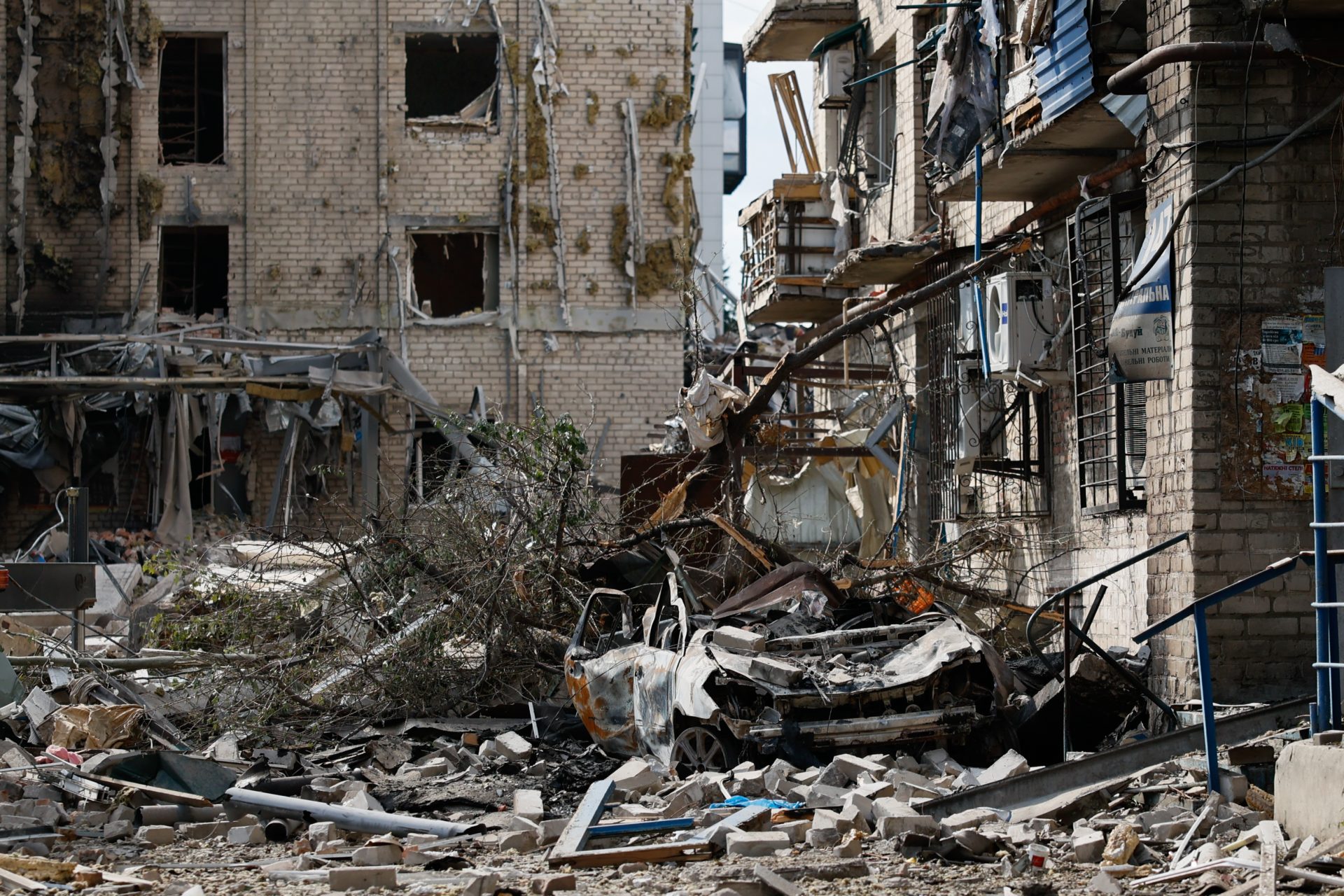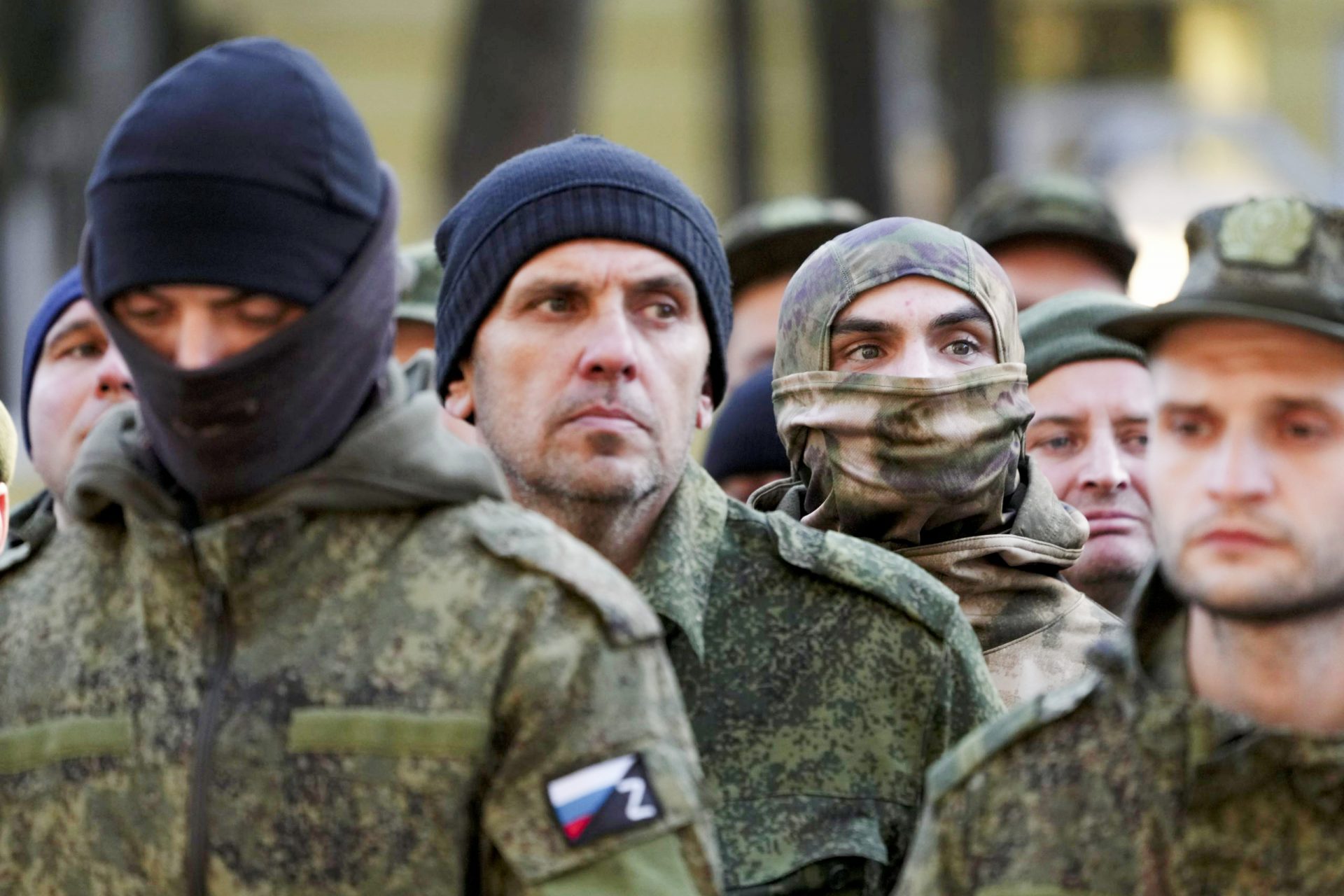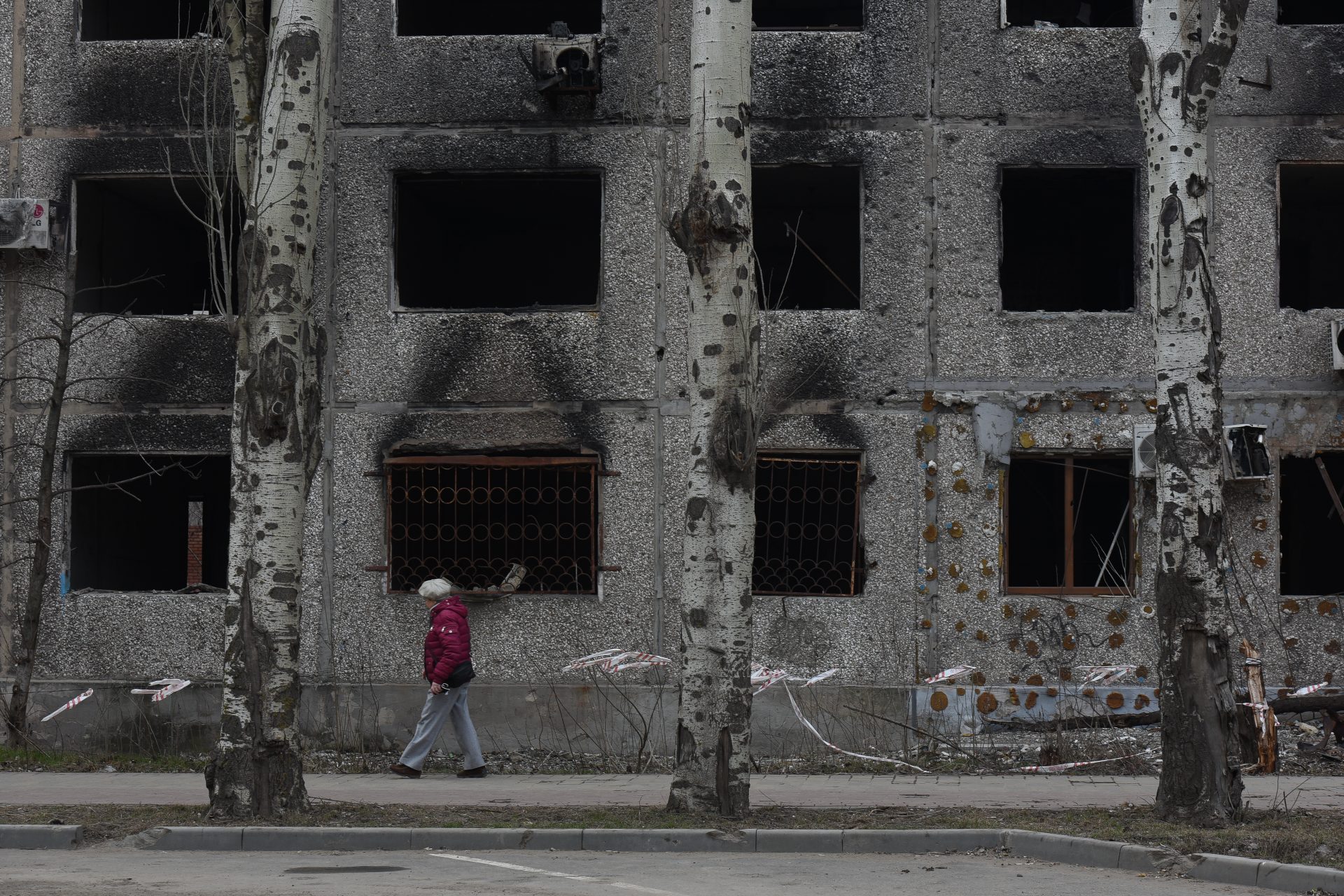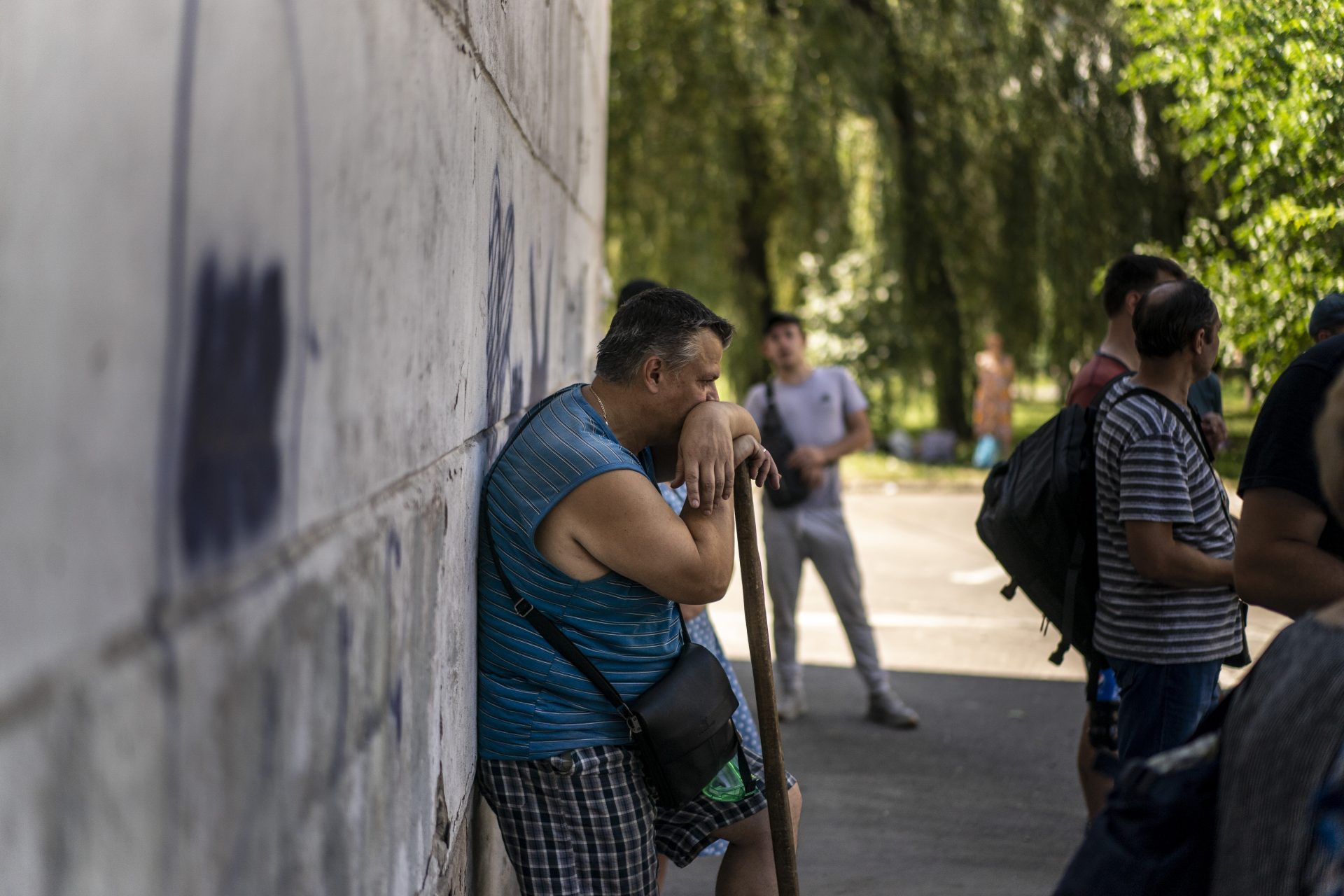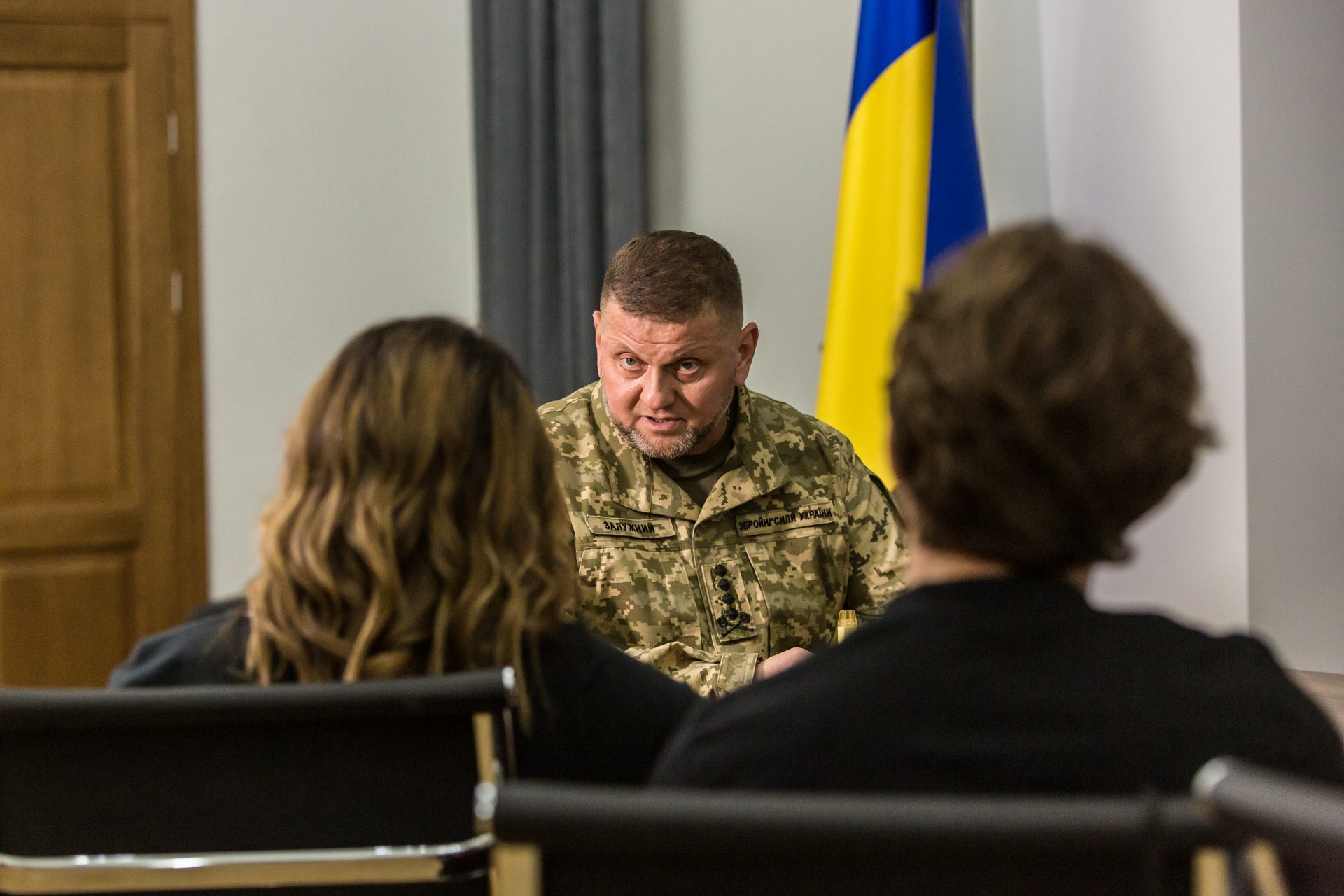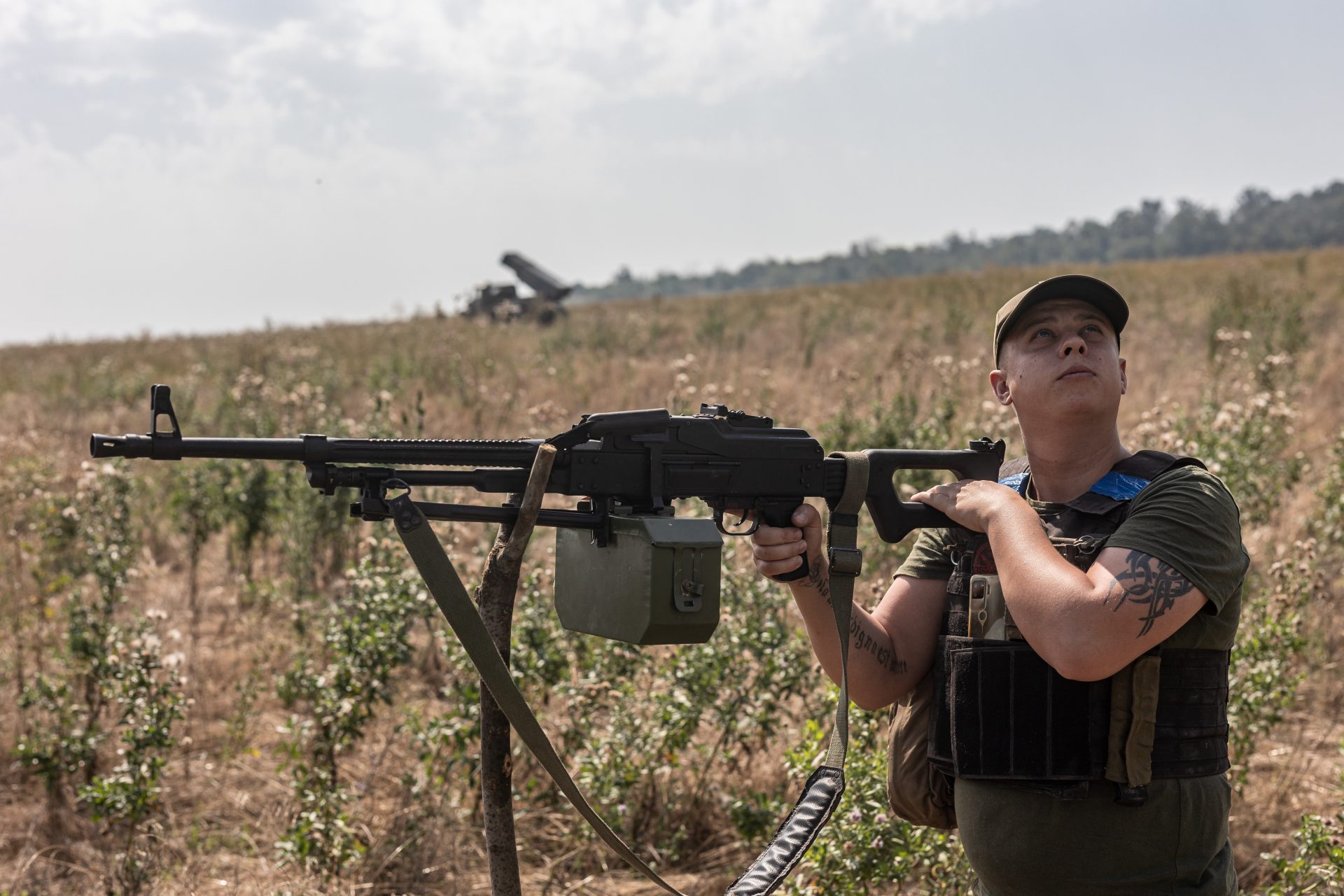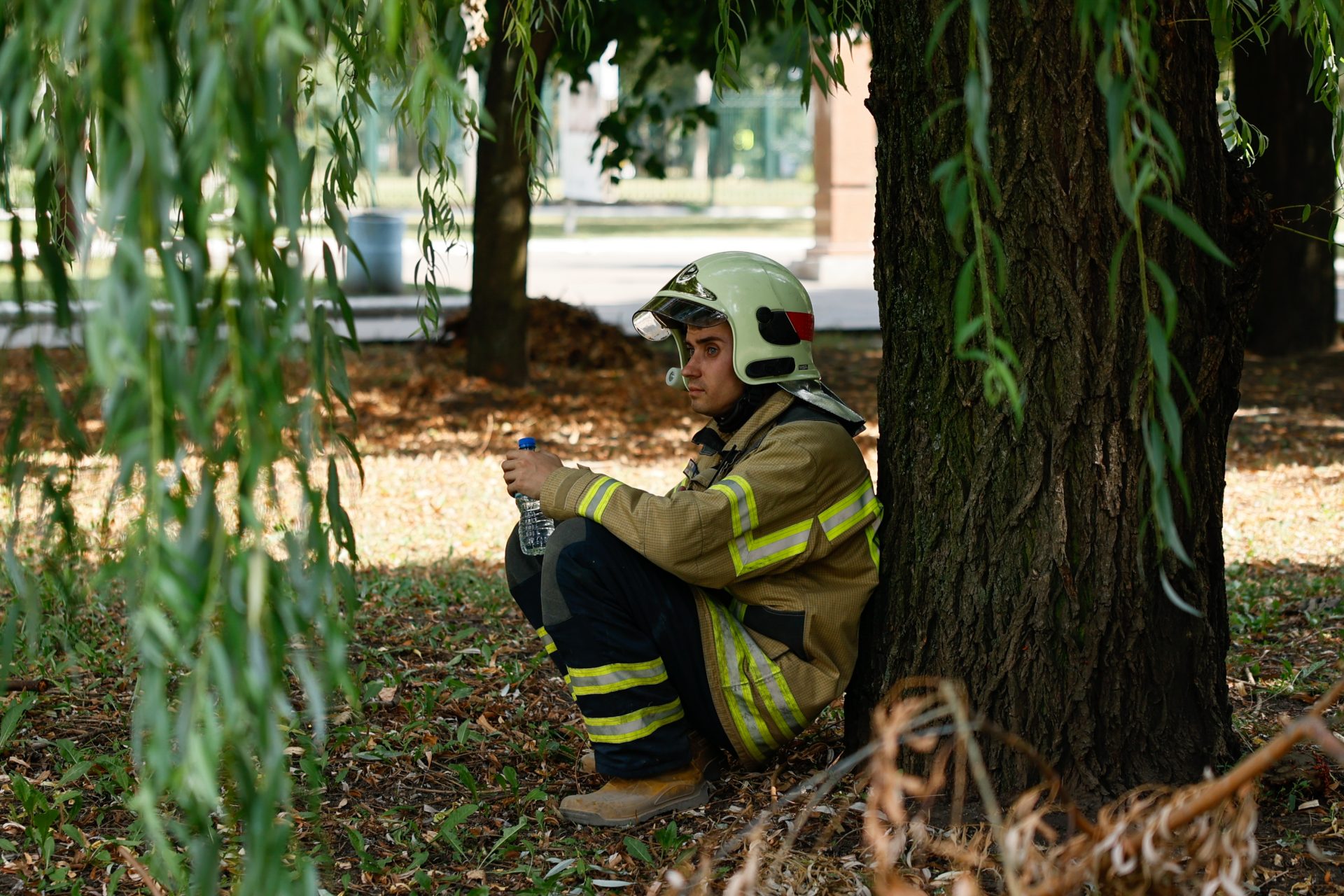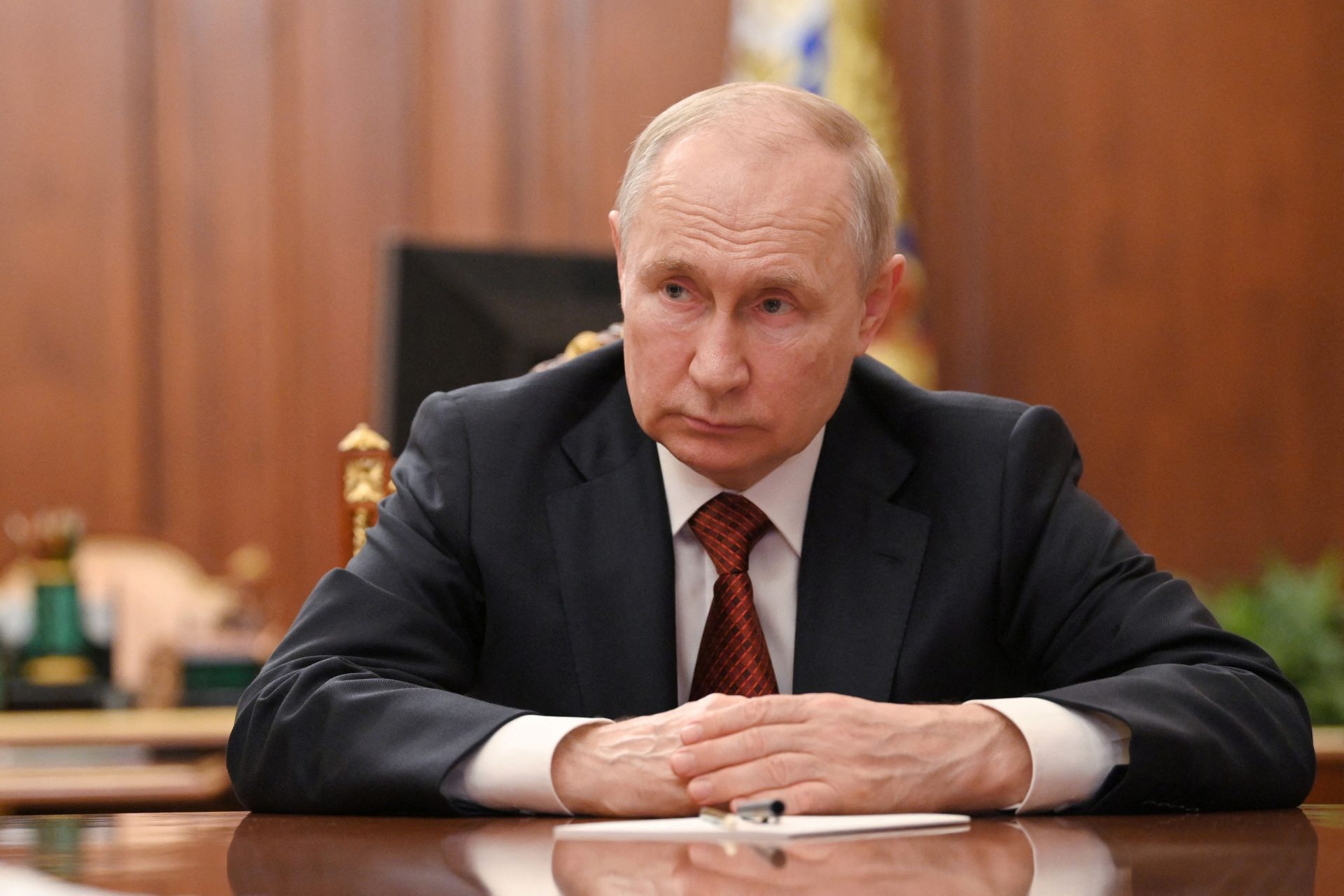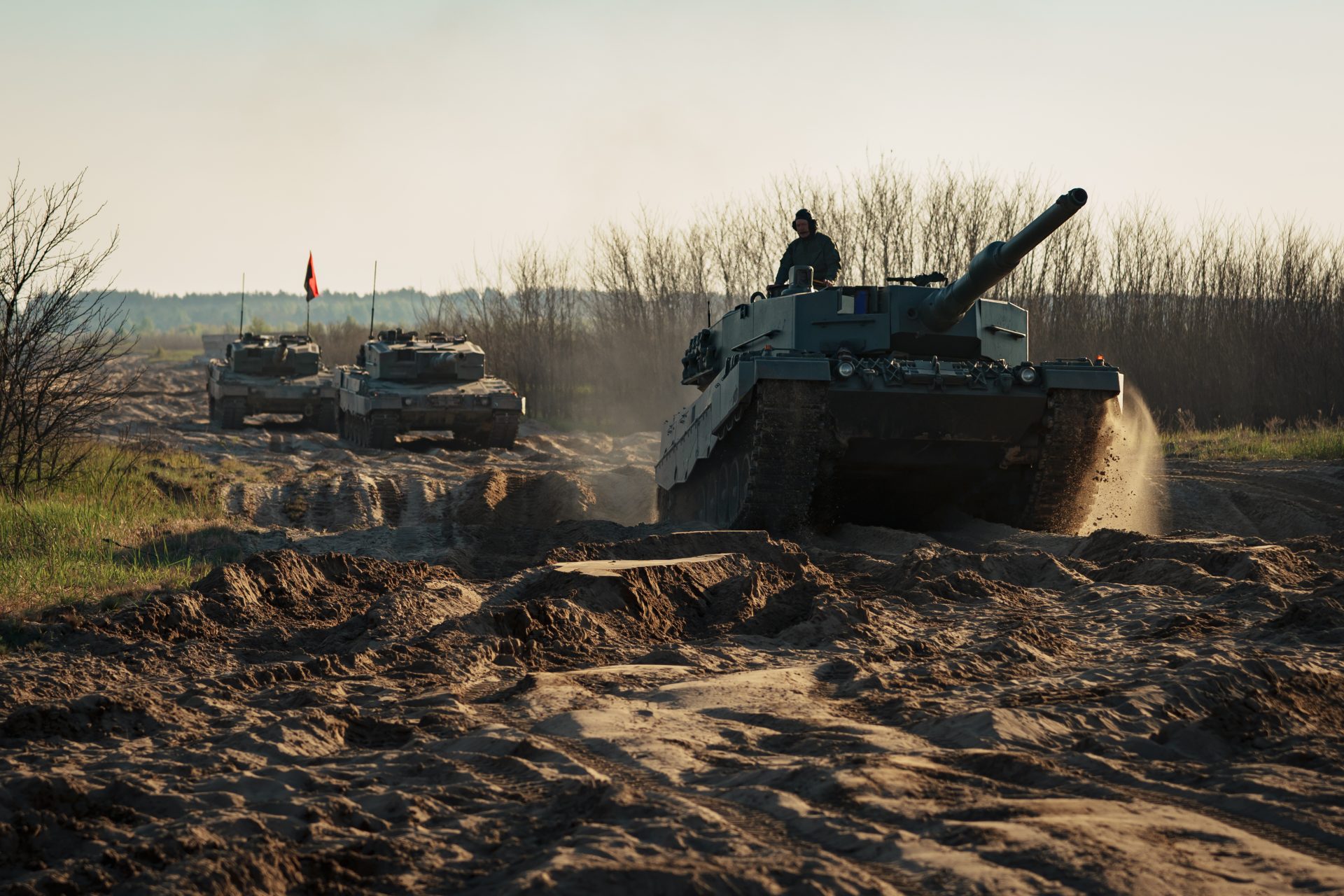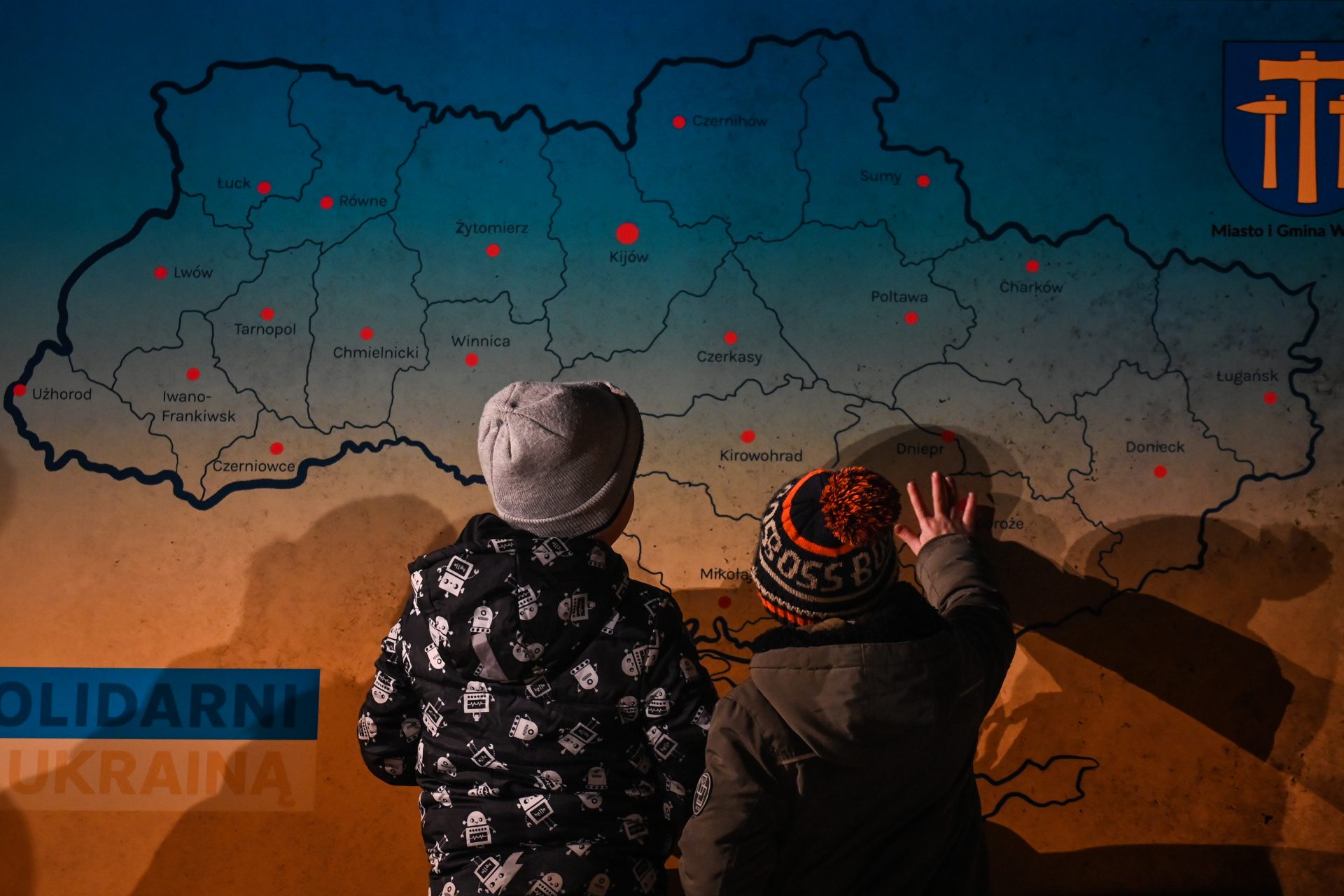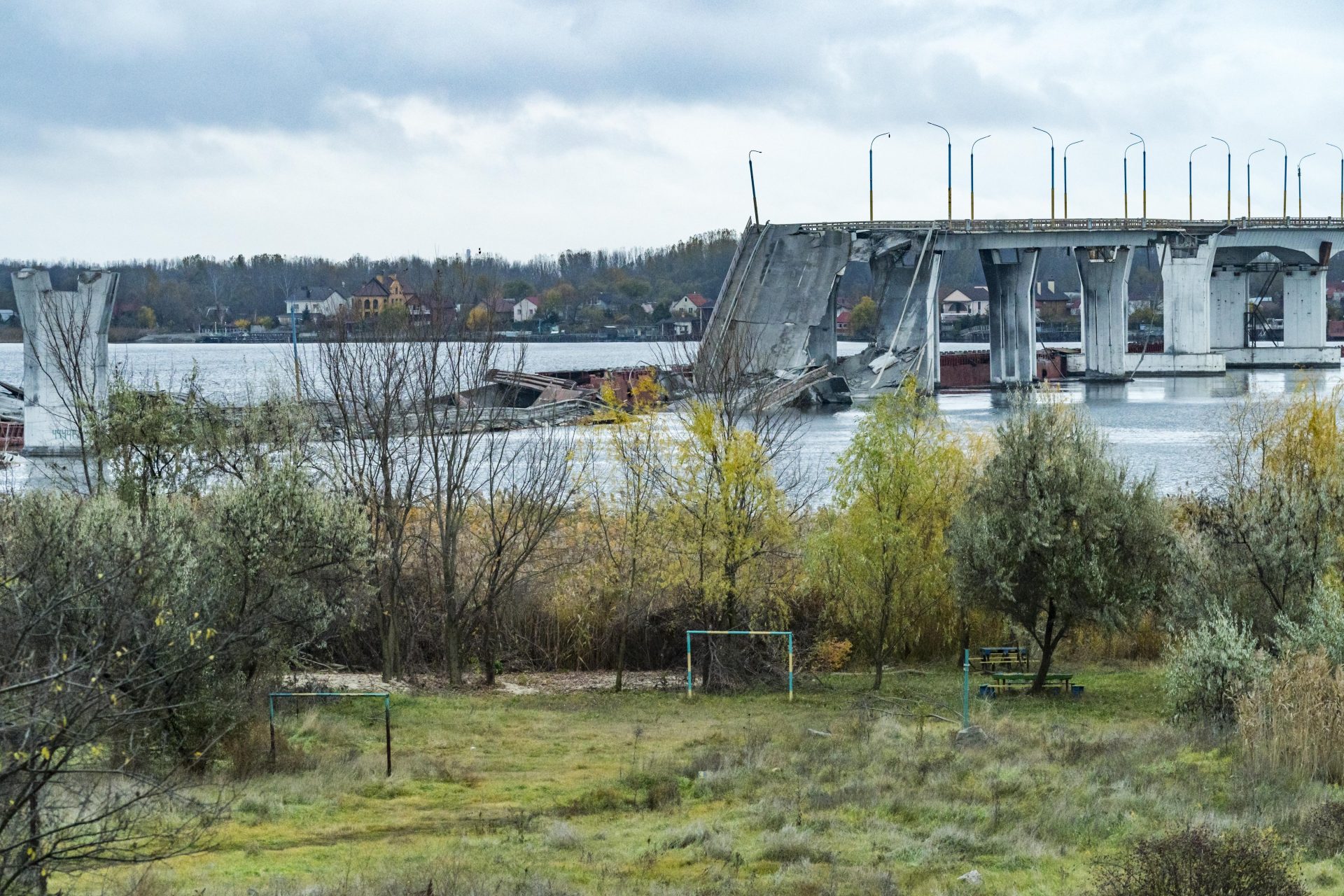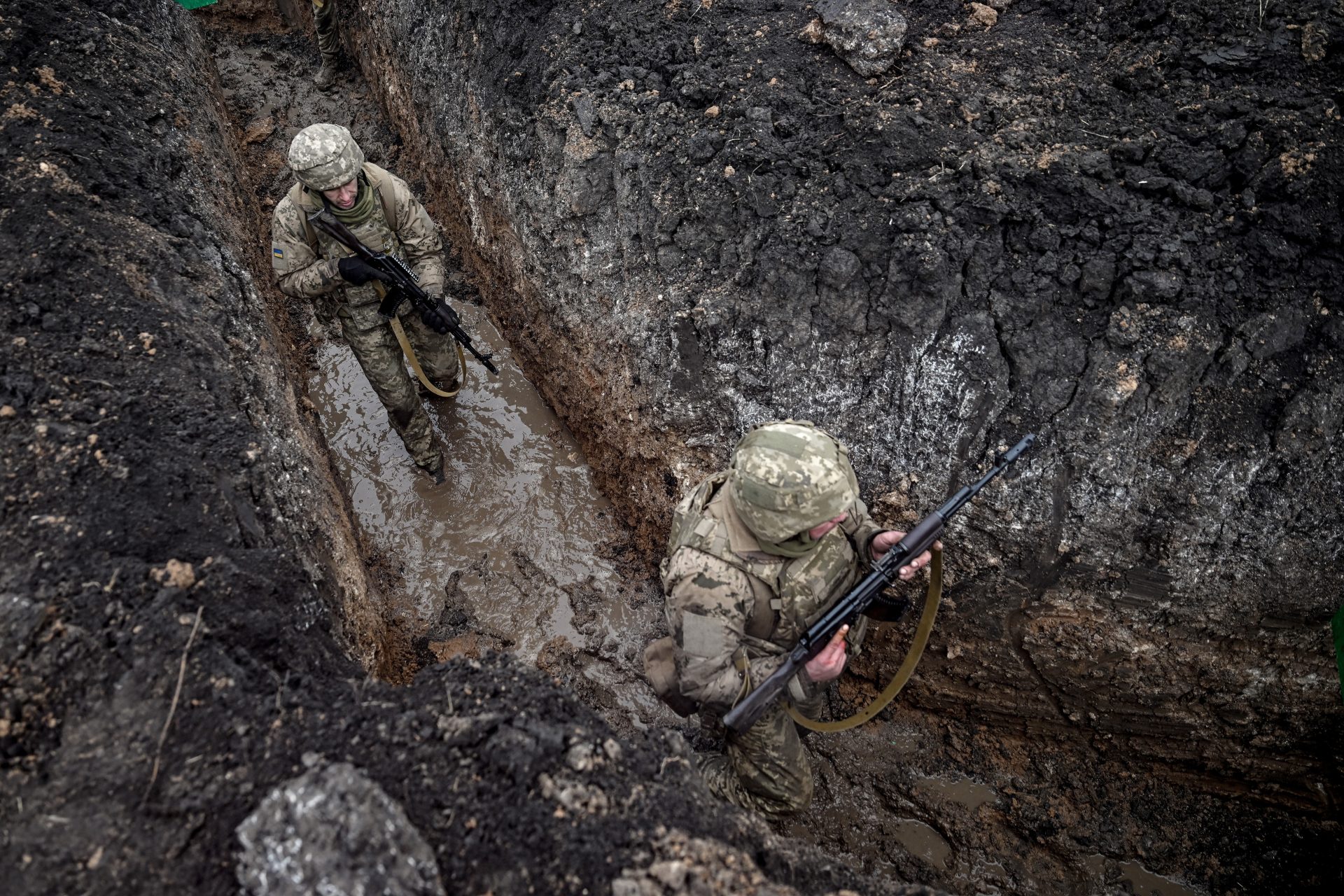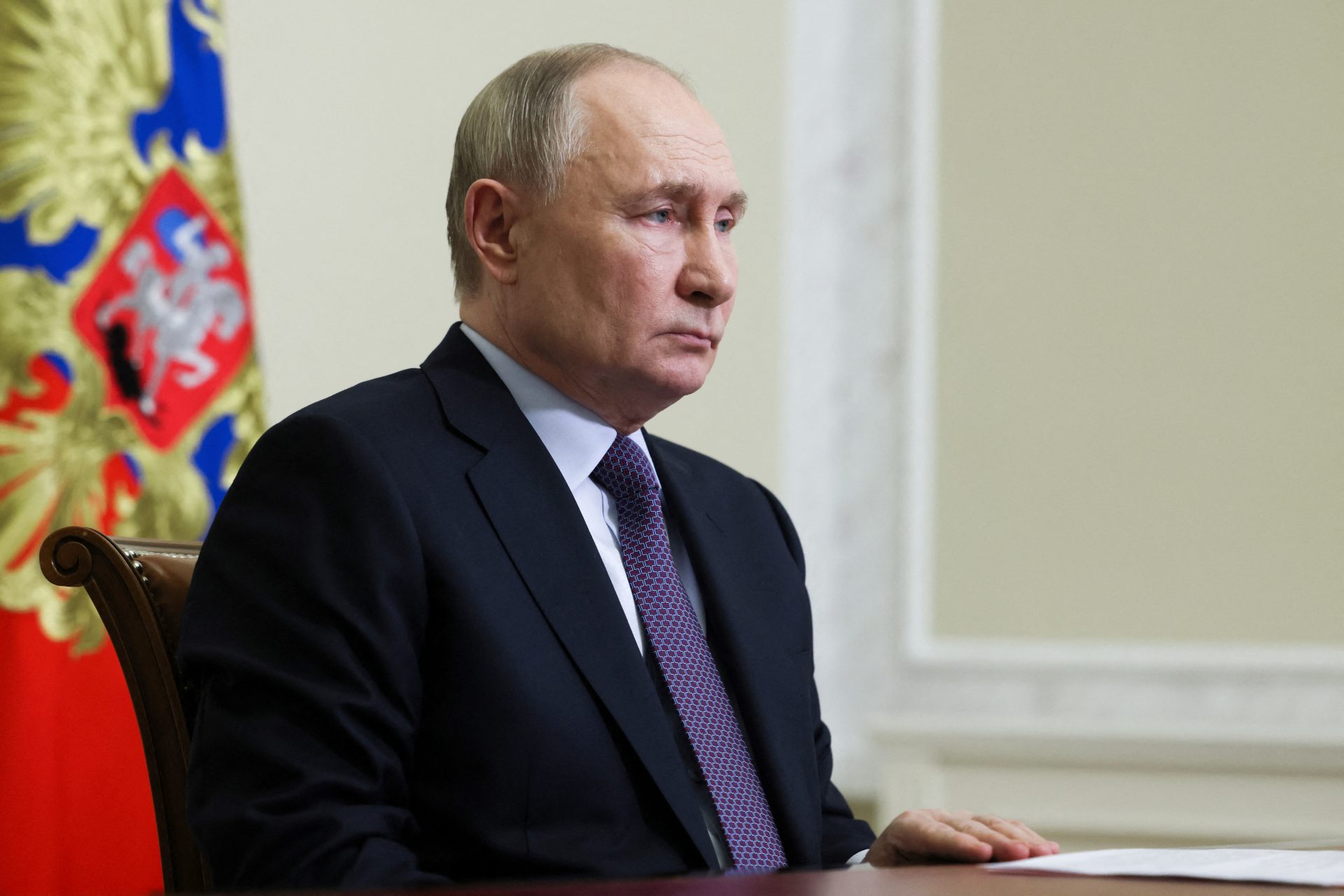Who do Ukrainians believe is responsible for the war in their country?
Who is responsible for the Russian invasion of Ukraine? It's a simple question, but it does not have a clear answer. Vladimir Putin and his government may have ordered the invasion, but Ukrainians in the summer of 2023 would have also laid the blame elsewhere.
Understanding Ukrianian views throughout the war is important because understanding how those most affected by the conflict's brutality can help explain what any future peace, or lack thereof, might look like once the fighting finally comes to an end.
With that in mind, let's look at what Ukrainians thought about who bore responsibility for the conflict in their country during the height of Kyiv's 2023 offensive, as well as many of their other beliefs at that time. It was a period when both hope and anger were running high.
An overwhelming majority of Ukrainians in July 2023 believed everyday Russians were responsible for what was happening in Ukraine, and we know this thanks to survey data from the period that revealed what those living through the invasion of their country were thinking.
The survey from the International Center for Ukrainian Victory was conducted by the lko Kucheriv Democratic Initiatives Foundation and the Center for Political Sociology. It was published by Civil Network OPORA and revealed several worrying findings.
First, a majority of Ukrainians said that they considered all Russian citizens to be responsible for the Kremlin’s military aggression against their country with 78% reporting that belief.
However, more concerning was the number of individuals who had been seriously affected by what they had witnessed over a year and a half of the war. Over one-quarter of those surveyed (16%) reported they had witnessed a war crime.
57% surveyed of people said they wanted to see anyone who was involved with the planning, approval, or organization of war crimes punished. This statistic was an important one since it likely helped shape many of the other views revealed by the survey.
The desire to see the people who did wrong punished is a laudable belief, and those who committed war crimes during the conflict should be punished to the full extent of international law. But it was some of the other findings of the survey that made peace at that time with Russia difficult.
Most Ukrainians fully believed that their country would defeat Russia with 77% saying they believed in total victory while a further 16% just indicated that Ukraine would win. However, the more worrying concern was what victory meant to Ukrainians.
According to the survey results, 70% saw the total liberation of Ukraine’s occupied territories as victory while other conditions included 60% of people saying victory also meant Russia would return all prisoners and deportees.
Ensuring those who committed war crimes in Ukraine was also seen by some as a goal for victory with 51% saying so. Even more interesting is the amount of Ukrainians who believed Russia should pay compensation for the war.
95% of people surveyed believed Ukraine ought to seek compensation from Russia but 40% didn't expect to ever receive reparations from Russia. When these statistics are added with everything else it's tough to see how peace could ever be negotiated.
On August 17th, NATO Secretary General Jens Stoltenberg said that it was up to Ukraine to decide when the conditions are right to join negotiations about ending the war, which reaffirmed the military alliance’s stance on a negotiated peace Reuters reported.
"It is the Ukrainians, and only the Ukrainians, who can decide when there are conditions in place for negotiations, and who can decide at the negotiating table what is an acceptable solution," Stoltenberg said. This was a sentiment that had been expressed by many of Kyiv's allies both before and after Stoltenberg's comments.
However, is peace possible when a majority of the population believes that total victory in the conflict is possible? The answer is probably not, especially since Ukrainian President Volodymyr Zelensky has repeatedly ruled out peace talks until Russia withdraws from Ukraine.
One of Zelensky’s most prominent rebukes came in June 2023 during a meeting with African leaders where he explained during a press conference: “To allow any negotiations with Russia now while the occupier is on our land is to freeze the war, to freeze everything: pain and suffering.”
"We need real peace, and therefore, a real withdrawal of Russian troops from our entire independent land,” Zelensky added according to a Reuters report. No peace for land was a key component of the December 2022 10-point peace plan proposed by Zelensky that was rejected by Russia.
Zelensky's attitude in the summer of 2023 would seem to have been backed up by the majority of Ukrainians who were polled by the International Center for Ukrainian Victory, and with the support of his people, it was unlikely Zelensky would negotiate a deal giving up anything to end the war quickly.
Whether or not peace should be negotiated is a complicated question as well but it is clear that Ukraine and its people shouldn't have to exchange any of its legal and sovereign territory for peace with Russia.
The poll by the International Center for Ukrainian Victory surveyed 2001 respondents over the age of 18 in face-to-face interviews between May and June 2023 according to Ukrainska Pravda’s explanation of the survey.
More for you
Top Stories



